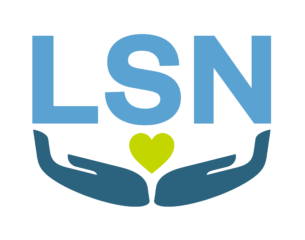After it enters your stomach, alcohol is absorbed into your bloodstream. Since blood circulates through your whole body, it carries the alcohol to your brain, liver, and other vital organs.
In your brain, alcohol slows down your neurotransmitters. That makes you feel tired, alters your mood, and affects the way you behave. One particular neurotransmitter, the one that controls memory, is particularly affected by alcohol. That’s why people sometimes “black out” and can’t remember a night of heavy drinking.
Your liver breaks down alcohol and removes it from your body, but it can only handle a little at a time. If you drink more alcohol than your body can break down in a given period of time, the alcohol builds up in your body. More than 2 million Americans have liver disease related to alcohol consumption. It is dangerous to combine alcohol and acetaminophen (Tylenol). That cocktail produces dangerous byproducts that are toxic to your liver.
You might feel sick when you drink too much, because alcohol irritates the stomach lining. Plus, if you combine alcohol with aspirin or other medicines that irritate the stomach, you can cause inflammation, ulcers, and bleeding. Drinking to get drunk also prevents normal digestion, so your body can’t absorb vitamins and minerals from your meals.
Try Interactive Body to learn more.

